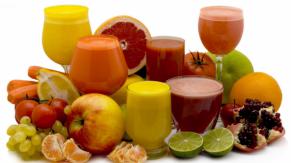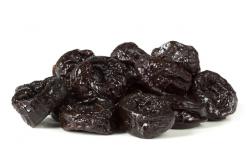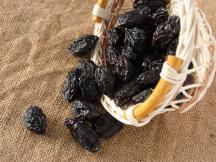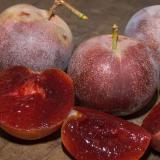Chinese dried plum candy are the same plums that are very popular in East Asian countries and are available for public purchase. The Chinese love dried fruits and nuts. Chinese plums have many benefits, which is why people use them more and call them candy. These Chinese dried plums are full of of potassium, vitamins, minerals, fiber and antioxidants.
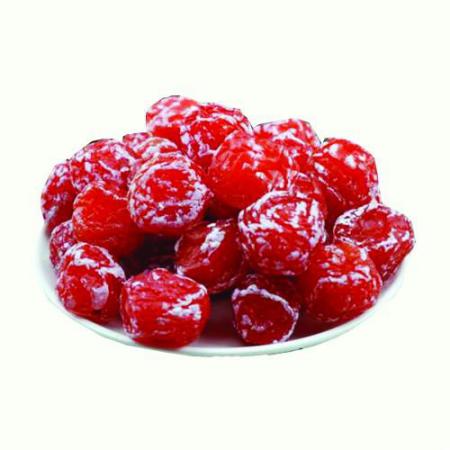
?Are Chinese Dried Plums Good for You
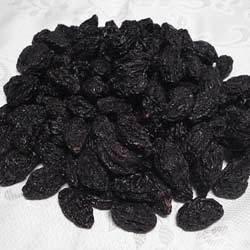
Dried plums are a product that is rich in nutrients and natural, but not all plums can be turned into good quality plums because they must contain a lot of sugar that prevents them from fermenting when dried. Persian dried sour plums are the most popular products for making their candies in China and in Western countries. These plums are grown in Asian and European countries and are only for the production of dried plums. These plums are blue and turn black prunes after drying. If you add salt while drying, they can be sour, sweet or salty. Dried plums are usually known to have a sour taste but also a sweet taste.
Plum candy is one of the best snacks to improve our health because it has many health benefits that make them the best choice for daily snacks. The vitamins and minerals in plums can be beneficial for many diseases or even prevent them. Vitamin A has many benefits for a healthy vision. Vitamin C can improve immunity system which makes you stronger facing infections and diseases. There are lots of other vitamins and minerals which have other benefits as well.
Are Plums High in Potassium?
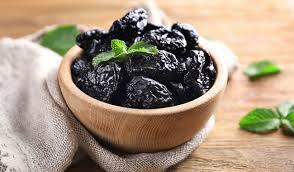
Potassium is a mineral found in many foods and fruits and is also abundant in prunes. Potassium keeps your heart rate normal and also generates electricity along with other electrolytes such as sodium to ensure the normal functioning of the body’s cells. Therefore, the use of potassium-containing substances such as prunes in snacks causes We can feel calm. In daily consumption of prunes, we must control our consumption because too much potassium can be harmful to the body. Many fruits contain potassium and one of them is plum. Prunes contain 732 mg of potassium per 100 g. Which makes a lot of potassium for a fruit. People with kidney disease should consume this product less than others because their kidneys can not work properly to reduce excess potassium.

 Salefruit price, buy, sale fruit
Salefruit price, buy, sale fruit
